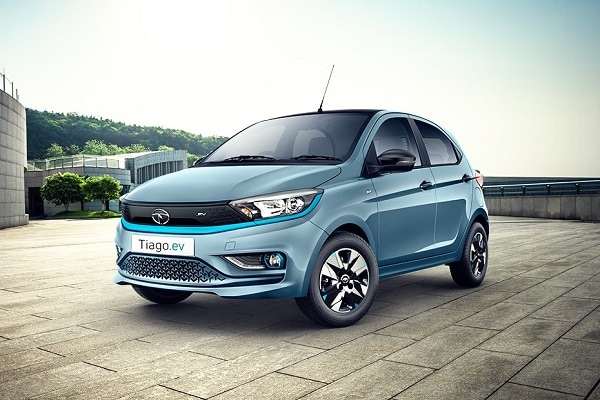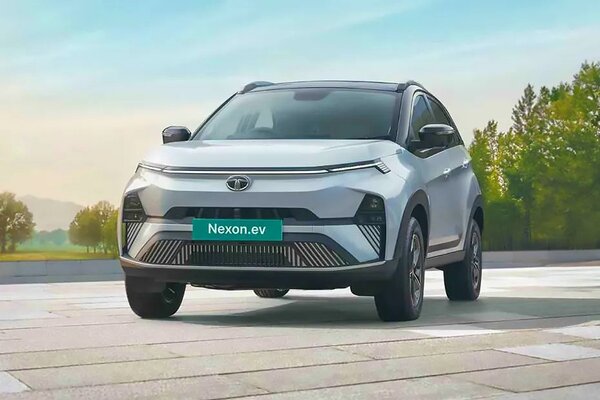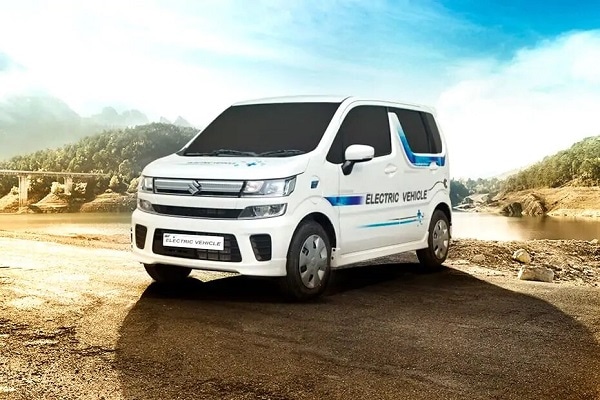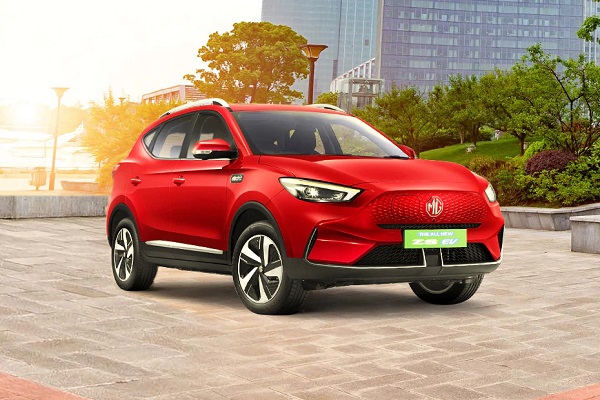Tesla on top but is it time for Indian carmakers to accelerate EV ambitions?
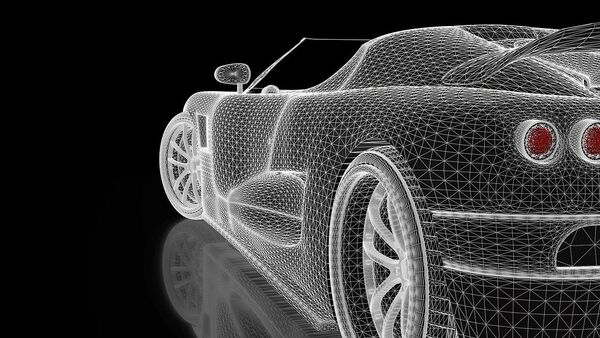

The shift towards battery-powered cars the world over has been well under way in many countries and electric vehicles or EVs are gradually taking over global roads with the promise of clean energy and affordable maintenance. The race is being led at present by China, the world's largest EV market, followed by the United States. But India, where the passenger vehicle market has grown by leaps and bounds, EV penetration remains significantly low.
India is the world's third largest vehicle market in terms of sales, behind China and the US. But EV penetration in the country is at just around two per cent as against 27 per cent in China and approximately 16 per cent in the US. Even the top two electric car manufacturers in the world are Chinese and American. But while BYD and Tesla battle it out for the crown, Indian car manufacturers remain in ‘wait and watch’ phase.
Also check these Vehicles
It is not that no Indian car brand has shown interest in offering EVs to customers here. Tata Motors has as many as three all-electric cars - Nexon EV, Tiago EV and Tigor EV, all in the under ₹20 lakh bracket. MG brought in Comet EV at around ₹8 lakh (ex-showroom) in early 2023 while Mahindra XUV400 SUV is at ₹16 lakh (base price, ex-showroom). But most other models are relatively expensive - from Hyundai Ioniq 5 at ₹46 lakh to Kia EV6 at ₹61 lakh before taxes. Options are few and options are expensive.
Also watch: 2023 Tata Nexon EV facelift first drive review: Best-seller gets even better?
Former NITI Aayog CEO Amitabh Kant recently put the spotlight on the need for Indian car manufacturers to step up to the plate. “Indian carmakers need to go EV and think global : The race to capture electric car markets globally is presently on," he tweeted on Tuesday. “Chinese carmakers account for nearly half of global electric sales. Market is led by BYD at 18% followed by Tesla at 12% . Indian carmakers account for just 1% of global electric car sales."
The Indian automobile market is diverse and has enormous opportunities. But it is also filled with unique challenges. When it comes to EVs, factors such as affordability, localisation, supporting infrastructure and penetration into smaller cities and towns emerge as more crucial than perhaps elsewhere. Remember, the penetration of cars (regardless of powertrain) among Indians itself is quite low - around 26 cars per 1,000 Indians. In the neighbouring country to the north, there are 186 cars for every Chinese while there are 594 cars per 1,000 Americans.
A two-pronged problem for EVs
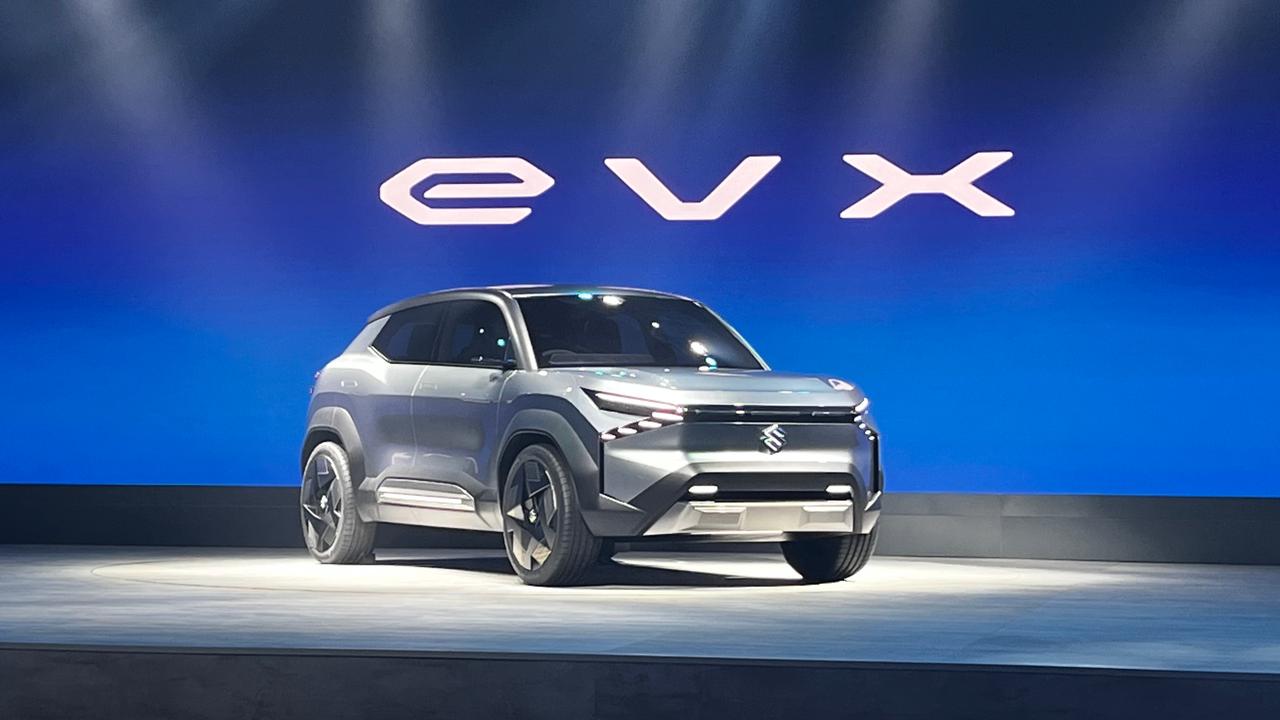

Indians bought 41 lakh new cars through the course of 2023, a new record high. Most manufacturers reported record sales with Maruti Suzuki leading the way, followed at a distance by Hyundai. But share of EVs in overall sales for each manufacturer which has at least one EV in the portfolio was microscopic. Maruti, in fact, has no EV at all and will only offer its first in 2025. Hyundai has two but is far more focused on its lineup of petrol, diesel and CNG models. “We have different powertrain options available to us, including the Nexo (hydrogen fuel cell SUV) that sells in foreign markets. Our strategy will always be aligned to what is outlined by the Indian government," Tarun Garg, Chief Operating Officer at Hyundai Motor India Limited, told reporters on Monday, in response to a query over strong hybrids versus all-electrics. “The penetration (of EVs) is still low at 2-2.5 per cent. What is more important is not the volumes, but the direction the market signals."
Also Read : Tata Motors sells 1 lakh EVs in India
At present, Tata Motors has a lion's share in the EV market in India. But the overall pie is still quite small to satiate the objectives of manufacturers at large. Battery localisation is on the horizon which will pull down purchase prices but this alone isn't going to cut it. The two-pronged problem pertains to taking four-wheeled options to more and more Indians while also underlining the specific benefits of EVs. Most agree it has to be a collective effort.
The scope and scale of luxury EVs in India
Unlike the mass-market segment, the luxury car segment in India is playing in a small corner of its own. Every brand here has at least one offering that is powered entirely by battery. But the luxury car buyer is significantly different from those in the mass-market - more willing to make high-ticket purchases and far more likely to have at least one other vehicle in the garage.
As such, the likes of Mercedes-Benz, Audi, BMW, Jaguar and Volvo have their respective electric models in the country with most of these coming in via import route. Having an electric model in the portfolio is more about intentions than to rake in sales numbers which anyway are quite small - in overall luxury segment - in India when compared to western and Chinese markets.
Time for Indian manufacturers to step up to electric future?
The charge of EVs in India is well and truly underway in the electric two-wheeler segment. The electric car market will require options and needs affordable options. And even then, the potential surge is more than likely to come from big metropolitan cities with constant electricity supply and dense charging infrastructure. The question then isn't about ‘if’ but ‘when.'







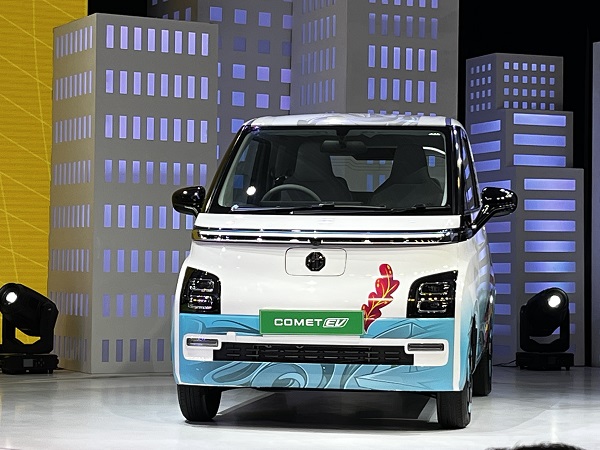
 17.3 kWh
17.3 kWh 230 km
230 km